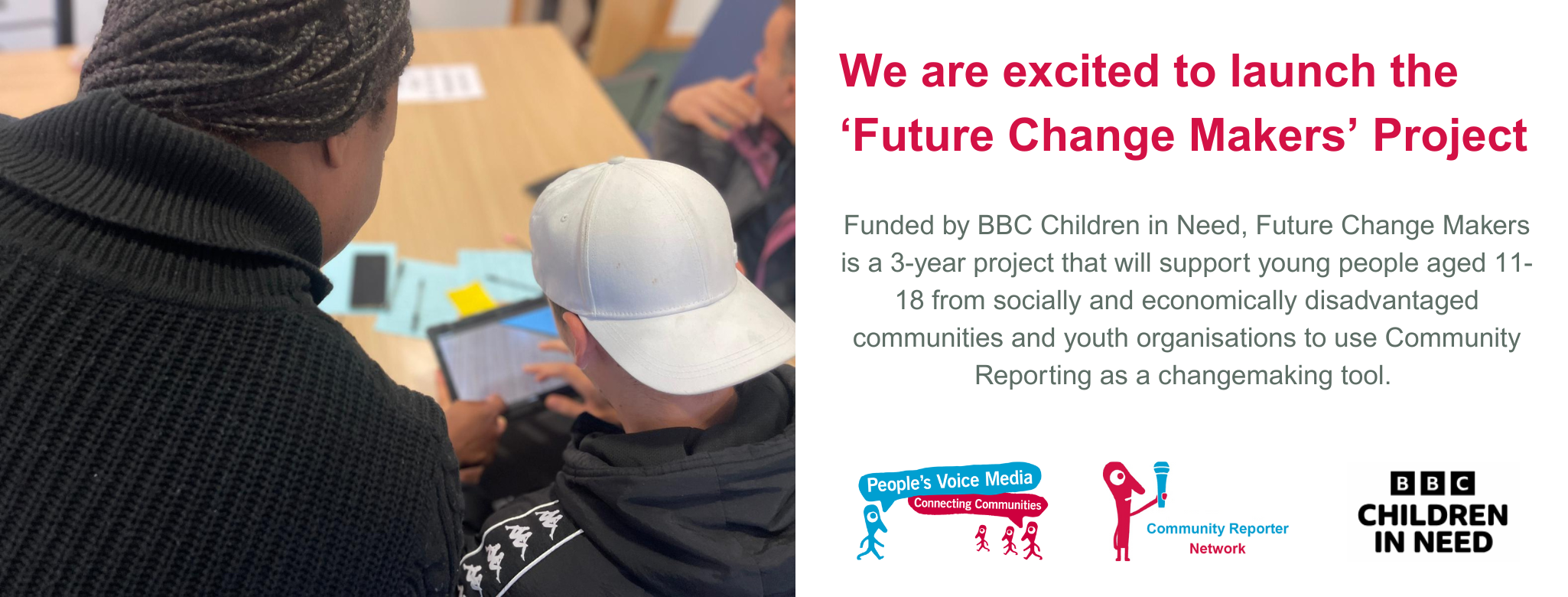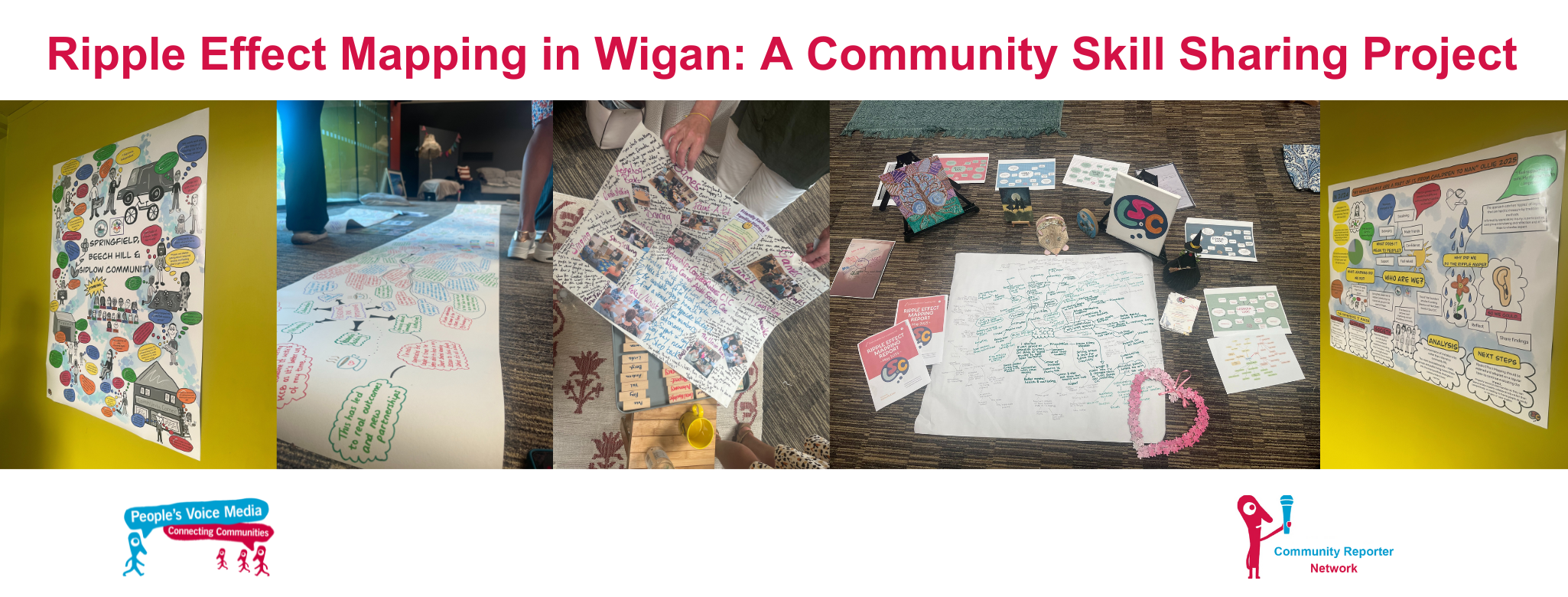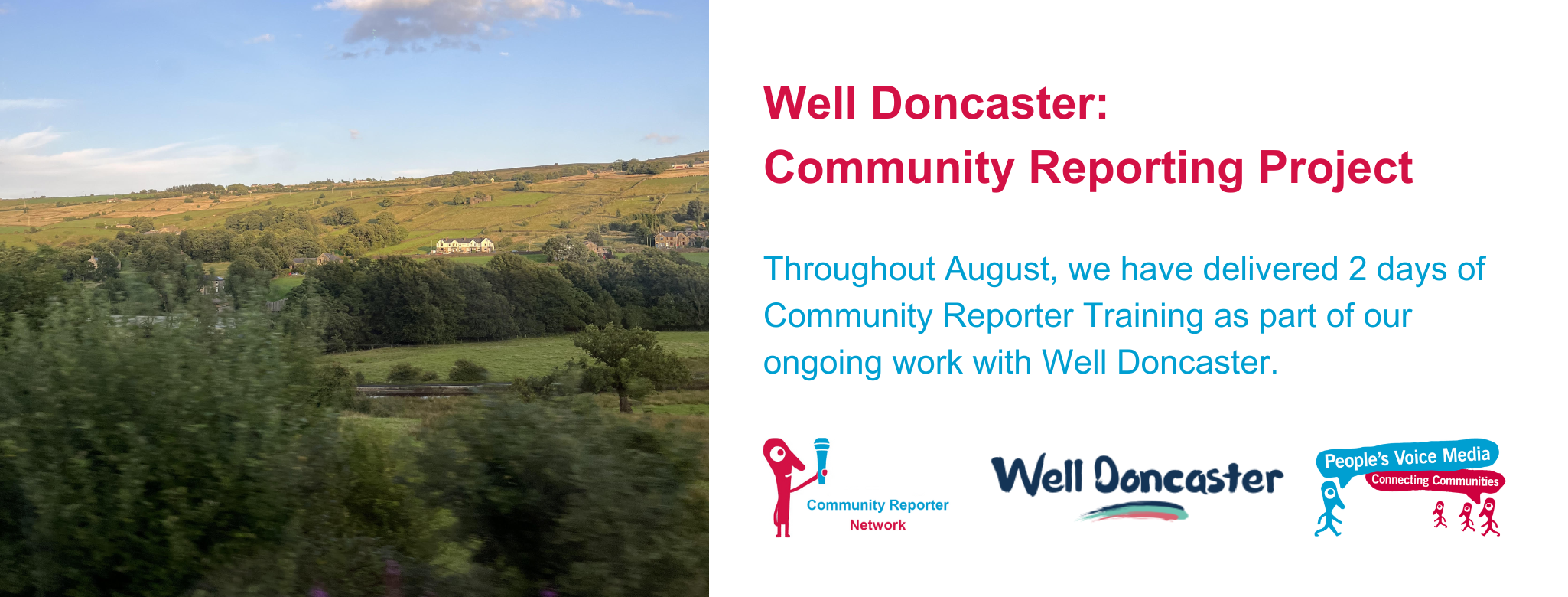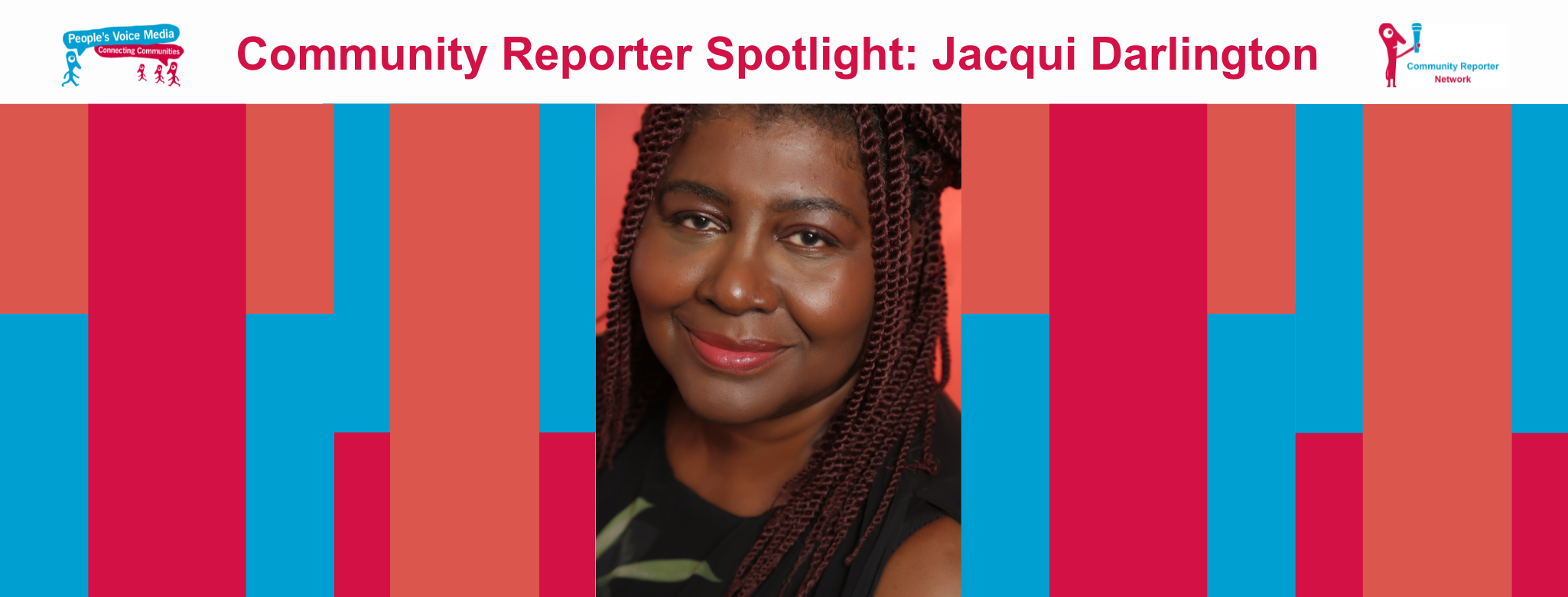THE BRONTE YOUTH & COMMUNITY CENTRE: INSIGHT REPORT LAUNCHED
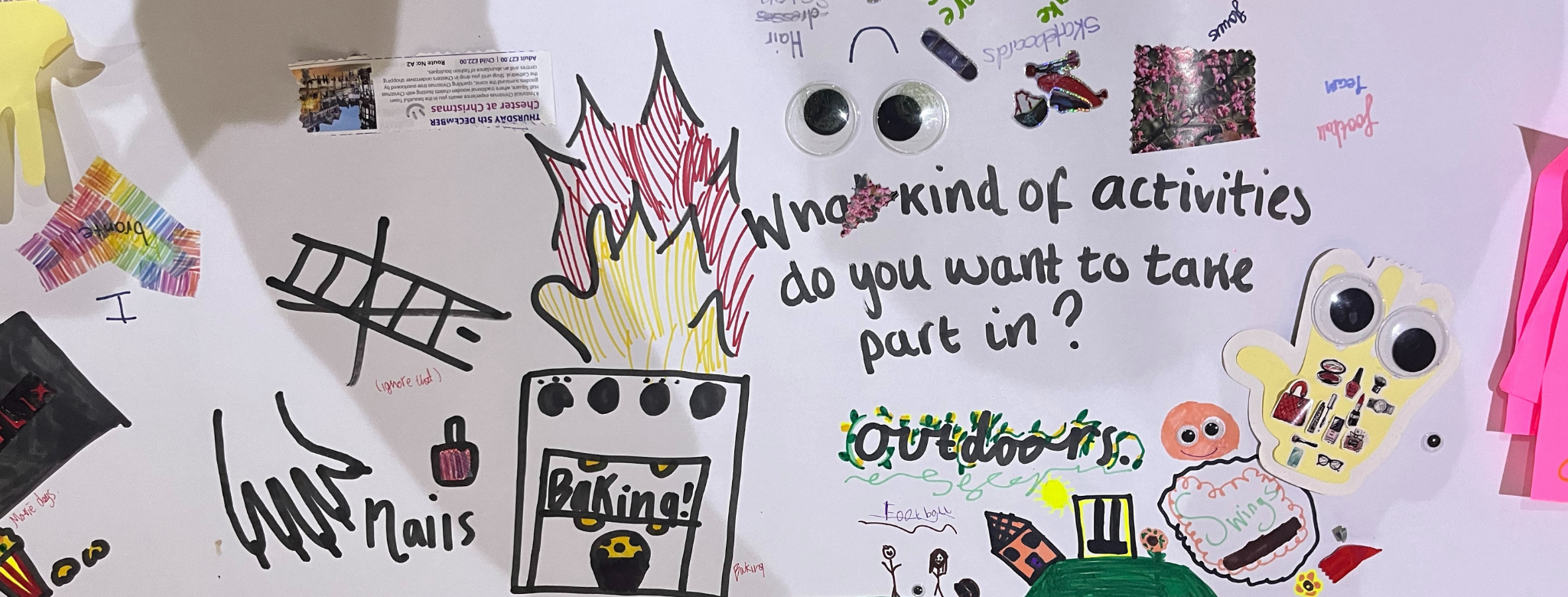
Back in Summer of 2024, People’s Voice Media launched a project in Liverpool alongside The Bronte Youth & Community Centre. Young people came forward to share their stories and experiences with The Bronte, and contribute ideas for the future of the centre which is currently undergoing renovation work.
Since then, young people have developed skills in Community Reporting and have interviewed staff, peers and members of the community to gather their hopes for the future of the centre as well. These ideas will feed into the work that shapes the future of the building and help create a hub for the local community in Liverpool.
We have compiled the footage collected by the young people into a written insight report, which you can access via the link below. From young people’s vision for it’s the future, to it’s inter-generational impact & legacy, it’s clear that The Bronte has played a significant role in many people’s lives. Take a look and see what people had to say:
You can also view some of the stories recorded as part of the project over on the Community Reporter website here.
The future looks exciting for The Bronte, as young people and staff are currently working on a podcast series with Fact cinema in Liverpool, putting their Community Reporting skills into practice. Head over to the Bronte Youth and Community Centre website to hear more about their work & receive updates on the renovation plans.
